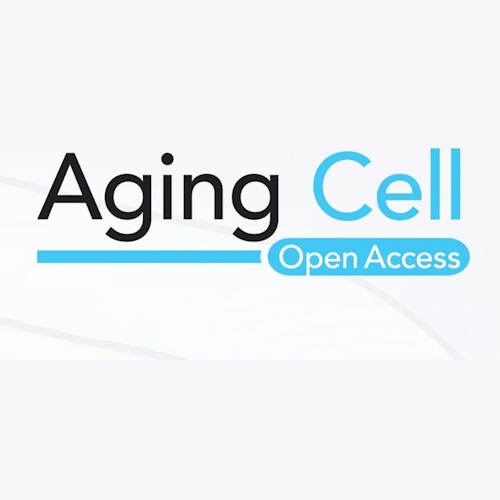Key points from article :
Extracellular matrix (ECM) modifications are front and center in many age-related diseases.
Changes in the expression of ECM genes (1027) have been implicated as causes or effects of aging, or both.
For in silico portion, researchers used DrugAge and GeroProtectors, databases of compounds known to alter lifespan.
Of 567 longevity compounds on PubMed, 16 have studies reporting on ECM effects.
They turned to the Connectivity Map database (CMap) on human cell cultures.
41 of 47 longevity compounds altered ECM gene expression; represented 10 of the 12 most differentially expressed ECM profiles.
Turned to the GTEx dataset to compare the ECM-related gene expression for young vs old human tissues.
Expression of 99 genes embodies the aging ECM phenotype, matreotype.
Using this matreotype and the CMap, 185 compounds were identified.
Many compounds for further research and development were identified through this strategy.
Study led by Collin Ewald from the university ETH Zürich, published in Aging Cell.
Researchers unveiled an underrated approach to screen compounds with ECM repro







